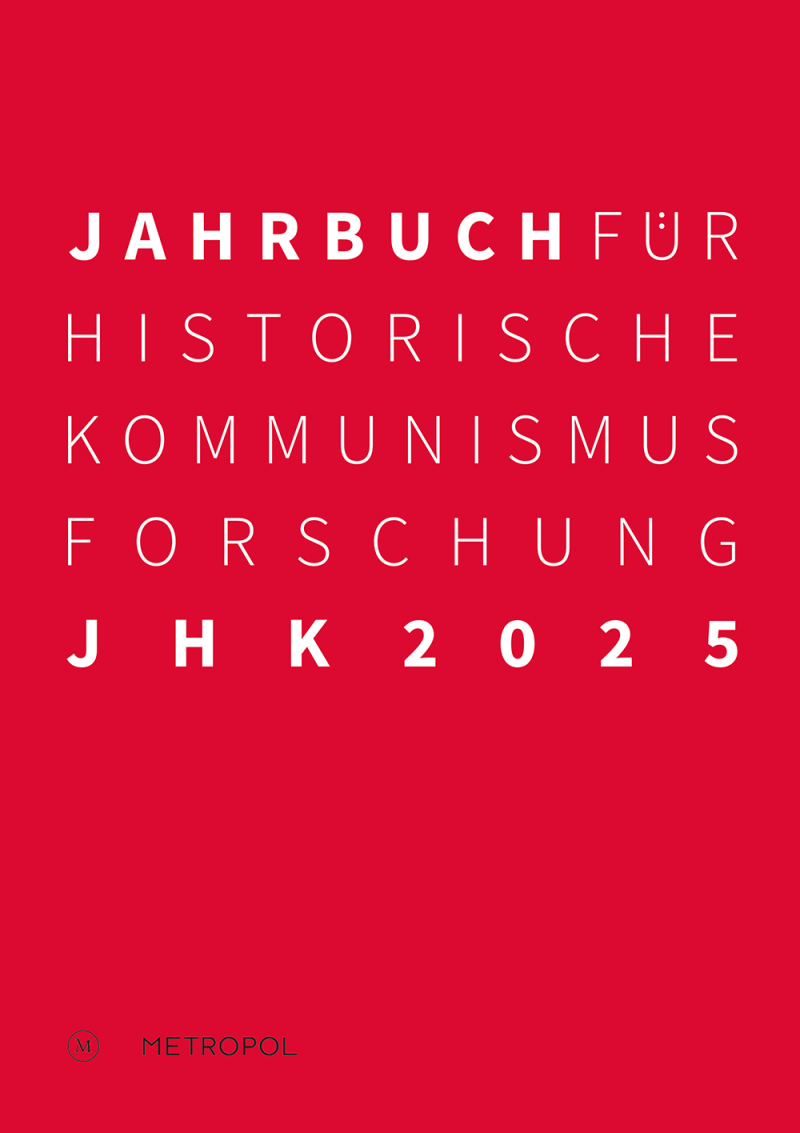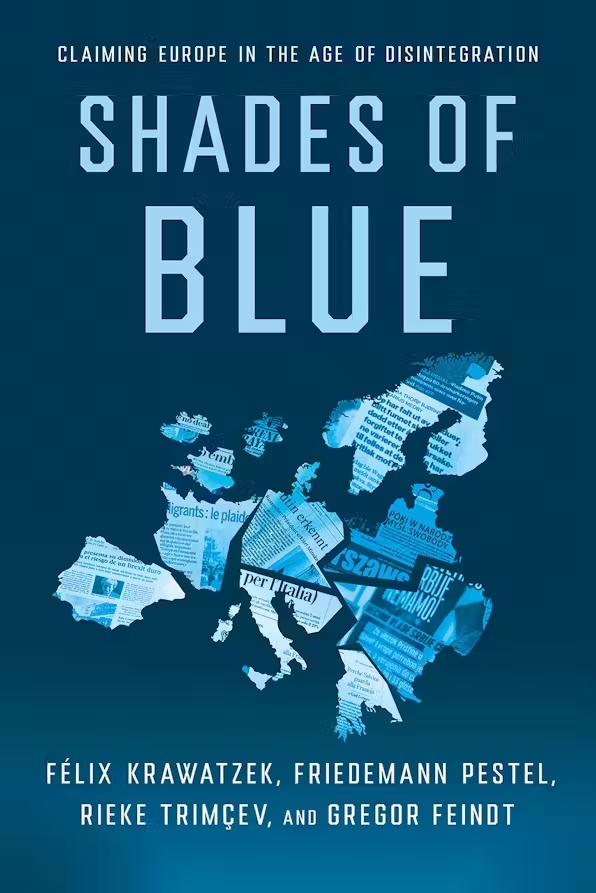Sebastian Fahner
PhD Student
Albert-Ludwigs-Universität Freiburg
Historisches Seminar
Professur für Neuere und Neueste Geschichte Westeuropas
79085 Freiburg im Breisgau
Education and Academic Career
| 11.2020-05.2024 | PhD Student at the Graduate School “Empires”, University of Freiburg |
| 04.2016-03.2019 | M.A. Comparative History of Modern Europe, University of Freiburg M.A. Thesis „Debatten über Nationalität und Internationalität in der deutschsprachigen Sozialdemokratie des Deutschen Reiches und Österreichs, 1897-1913“ |
| 10.2011-03.2016 | B.A. in History (major) and Sociology (minor), University of Freiburg B.A. Thesis: „Das Ley de Prensa e Imprenta von 1966. Auswirkungen auf die Darstellung gesellschaftlicher Konflikte in der Presse und Bedeutung für die Entwicklung des Franco-Regimes, 1962-1969“ |
| 10.2013-06.2014 | ERASMUS Student at Universidad Complutense de Madrid |
Research Interests
- History of Nationalism
- History of the Labour Movement
- History of the Habsburg Empire
- Spanish History
PhD Project
The Socialist Labour Movement’s Political Use of History in Spain and the Habsburg Monarchy, 1890–1914
My PhD project studies the political interpretations of history in the socialist labour movements in the Habsburg monarchy and Spain between 1890 and 1914. I explore how these organisations positioned themselves between different national pasts and an internationalist future. With this project, I aim at a better understanding of the role that the labour movement played for the dissemination of national historical narratives, and I plan to shed some light on whether and to what extent this process was influenced by the contemporary imperial crisis. In my research for this, I specifically focus on how the labour movements organized educational and cultural events, for example in the context of party schools, anniversaries, or cultural associations.
During the decades before World War I, different political and societal crises began to undermine the status quo of the two empires I study in my project. In the Habsburg monarchy, the growing conflict between different nationalities blocked legislative bodies and sometimes led to chaos on the streets. Meanwhile, Spain’s defeat in the Spanish-American war of 1898 not only meant the end of its former overseas empire – it also set off a heated debate about the viability of Spanish institutions. In both cases, new national movements demanded different grades of autonomy. As the new national movements started to claim separate historical identities, the political use of history and historic symbolism played a key role in these struggles. Focusing on the attitude of the socialist labour movement in these discussions promises new insights regarding the relationship of national self-identification, (anti-)imperial convictions and internationalism.





